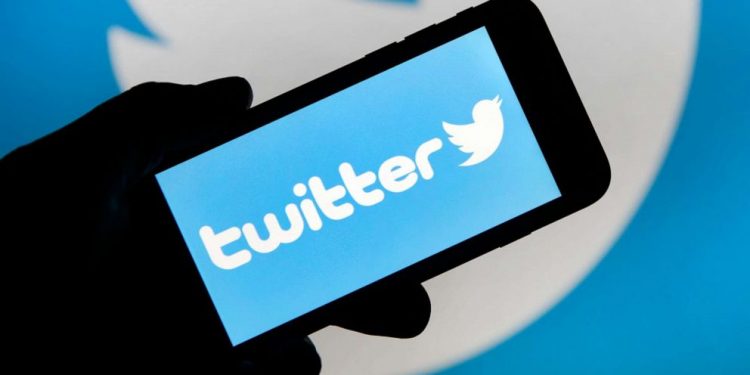Washington: Social media posts from Twitter users could help identify people who are lonely, and provide support for them, according to a study led by an Indian-origin researcher.
Loneliness has been tied to depression, cardiovascular disease and dementia, among other conditions.
Researchers at the University of Pennsylvania School of Medicine in the US determined what topics and themes could be associated with loneliness by accessing content posted by users on Twitter.
By applying linguistic analytic models to tweets, the researchers found users who tweeted about loneliness post significantly more often about mental well-being concerns and things like struggles with relationships, substance use, and insomnia.
The findings, published in the journal BMJ Open, could lead to easier identification of users who are lonely and provide support for them even if they don’t explicitly tweet about feeling alone.
“Loneliness can be a slow killer, as some of the medical problems associated with it can take decades to manifest,” said the study’s lead author Sharath Chandra Guntuku, a research scientist at the University of Pennsylvania.
“If we are able to identify lonely individuals and intervene before the health conditions associated with the themes we found begin to unfold, we have a chance to help those much earlier in their lives. This could be very powerful and have long-lasting effects on public health,” Guntuku said.
By determining typical themes and linguistic markers posted to social media that are associated with people who are lonely, the team has uncovered some of the ingredients necessary to construct a “loneliness prediction system”.
“Social media has the potential to allow researchers and clinicians to passively measure loneliness over time,” said study co-author Rachelle Schneider, also from the University of Pennsylvania.
“Through validating our data, we can develop a reliable and accurate tool to do this monitoring,” Schneider said.
The team analysed the accounts of 6,202 Twitter users in Pennsylvania, US who included words like ‘lonely’ or ‘alone’ more than five times over the period reviewed, which stretched from 2012 to 2016.
Comparing the entire Twitter timelines of these users to a matched group who did not have such language included their posts, the researchers showed that ‘lonely’ users tweeted nearly twice as much and were much more likely to do so at night.
When the tweets were analysed via several different linguistic analytic models, the users who posted about loneliness had an extremely high association with anger, depression, and anxiety, when compared to the ‘non-lonely’ group.
“On Twitter, we found lonely users expressing a need for social support, and it appears that the use of expletives and the expression of anger is a sign of that being unfulfilled,” Guntuku said.
PTI






































